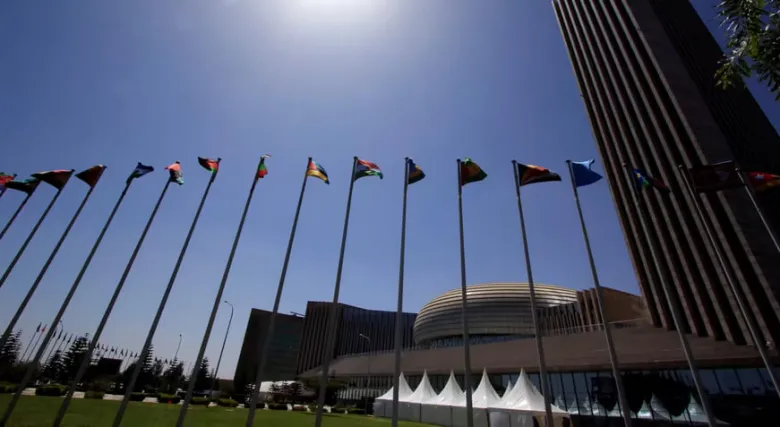
The African Union Peace and Security Council (PSC) expressed deep concern Wednesday about the ongoing tension between Somalia and Ethiopia following the signing of a Red Sea access deal.
The deal between Ethiopia and Somalia’s breakaway region of Somaliland was signed Jan. 1 in the Ethiopian capital, Addis Ababa.
The council warned of the potential for adverse effects the deal would have on peace, security and stability in the Horn of Africa region.
It “unequivocally reaffirmed its strong commitment and support for preserving the unity, territorial integrity, independence and sovereignty of all Member States,” including those of Somalia and Ethiopia.
The PSC urged both sides to adhere to and be guided by the principles of the African Union (AU) and international law in bilateral and international relations.
The council also urged external actors to abide by the principle of non-interference in the internal affairs of the two neighboring nations.
“The Council encouraged the Federal Democratic Republic of Ethiopia and the Federal Republic of Somalia to refrain from further actions and pronouncements that could negatively impact the strong bonds of good neighbourliness, friendship and solidarity existing between them,”, it said.
The PSC also urged Somalia and Ethiopia to exercise restraint, de-escalate and engage in “meaningful dialogue towards finding a peaceful resolution of the matter, in the spirit of African solutions to African problems.”
The remarks come as tensions between the two countries soured.
On Wednesday, Somali Prime Minister Hamza Abdi Barre accused Addis Ababa of planning to attack Somali waters and target Arab countries in the Red Sea.
Addressing the Arab League’s emergency meeting virtually from the Somali capital of Mogadishu, Barre said Addis Ababa is planning to create a new demographic reality in the region.
He encouraged Arab countries to stand in solidarity with Somalia and join hands to confront and “thwart the Ethiopian plan.”
Somalia has rejected Ethiopia’s Red Sea port deal with Somaliland, calling it “illegitimate,” a threat to good neighborliness and a violation of its sovereignty. It also recalled its ambassador to Ethiopia after the deal was signed.
The Ethiopian government has defended its decision to sign the deal and said the agreement with Somaliland “will affect no party or country.”
The deal allows Ethiopia to obtain a permanent and reliable naval base and commercial maritime service in the Gulf of Aden.
Ethiopia lost its Red Sea ports in the early 1990s after the Eritrean War of Independence, which lasted from 1961 to 1991.
In 1991, Eritrea gained independence from Ethiopia, leading to the establishment of two separate nations. The separation resulted in Ethiopia losing direct access to the Red Sea and key ports.
